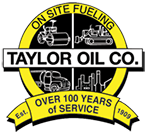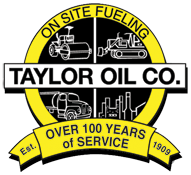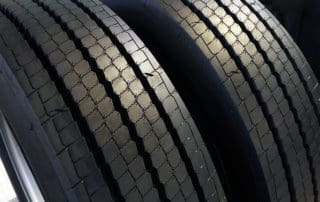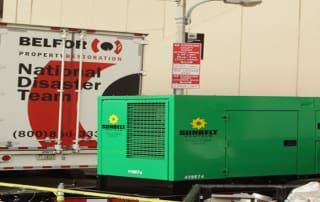Diesel Exhaust Fluid Storage: Onsite Storage Tips
Diesel Exhaust Fluid Storage: Onsite Storage Tips - Changes in emission standards back in 2010 specifies that truck manufacturers must include selective catalytic reduction systems in their diesel-powered vehicles. As such, diesel exhaust fluid (DEF) is a key component of those systems. An onsite supply of DEF ensures your fleet of trucks can always access the fuel it needs to run efficiently. Going along with that, it’s important to maintain proper storage conditions in order to preserve the integrity and shelf life of your onsite DEF supply over time. Here are some storage tips: 1. Maintain the Right Temperature Temperature control has a big impact on DEF shelf life. It’s recommended that you store DEF between 12 degrees Fahrenheit and 86 degrees Fahrenheit. Anything outside this range may compromise quality. Low temperatures can make DEF freeze, and then you won’t be able to use it till it thaws. High temperatures will form ammonia in the DEF, which reduces quality and negatively affects truck performance. It’s best to store it at temperatures below 65 degrees Fahrenheit, which will allow for up to two years of storage without sacrificing quality. 2. Keep DEF Away From Direct Sunlight Where your onsite DEF storage [...]





